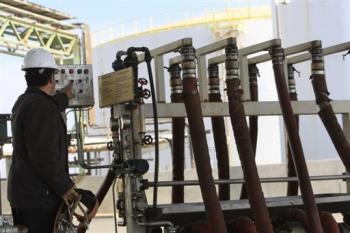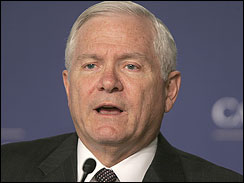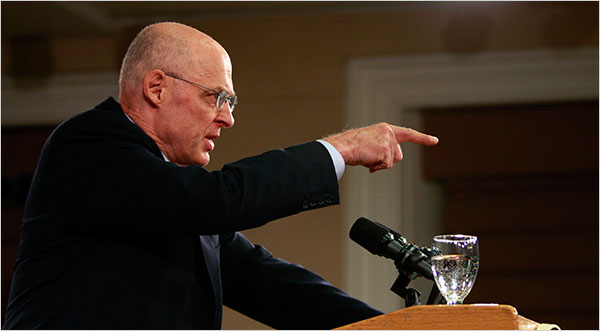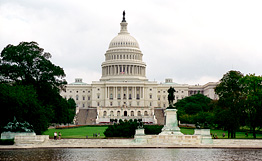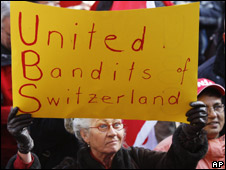British journalist and peace activist Lauren Booth, sister-in-law of Palestinian development envoy and former British Prime Minister Tony Blair visits a family in the Rafah refugee camp, south Gaza on Sep. 14. Booth arrived in Gaza on a boat carrying human rights activists protesting against an Israeli blockade. (UPI)
GAZA CITY, Gaza — Half of Gaza’s bakeries have closed down and the other half have resorted to animal feed to produce bread as Israel’s complete blockade of the coastal territory enters its 19th day.
U.N. Secretary-General Ban Ki Moon alarmed at the escalating humanitarian crisis called incumbent Israeli Prime Minister Ehud Olmert last week and demanded that he lift the blockade.
Following the continued closure, the secretary-general reiterated his appeal on Friday but to no avail.
Karen AbuZayd, commissioner-general for the U.N.’s Relief and Works Agency (UNRWA), which supports Palestinian refugees, warned that a humanitarian “catastrophe” loomed if Israel continued to prevent aid from reaching Gaza.
“It’s been closed for so much longer than ever before. We have nothing in our warehouses. It will be a catastrophe if this persists; a disaster,” said AbuZayd.
AbuZayd added that the human toll of this month’s closure of the territories was “the gravest since the early days of the second intifada or Palestinian uprising.
Read moreHungry Gazans Resort to Animal Feed as U.N. Blasts Israel

